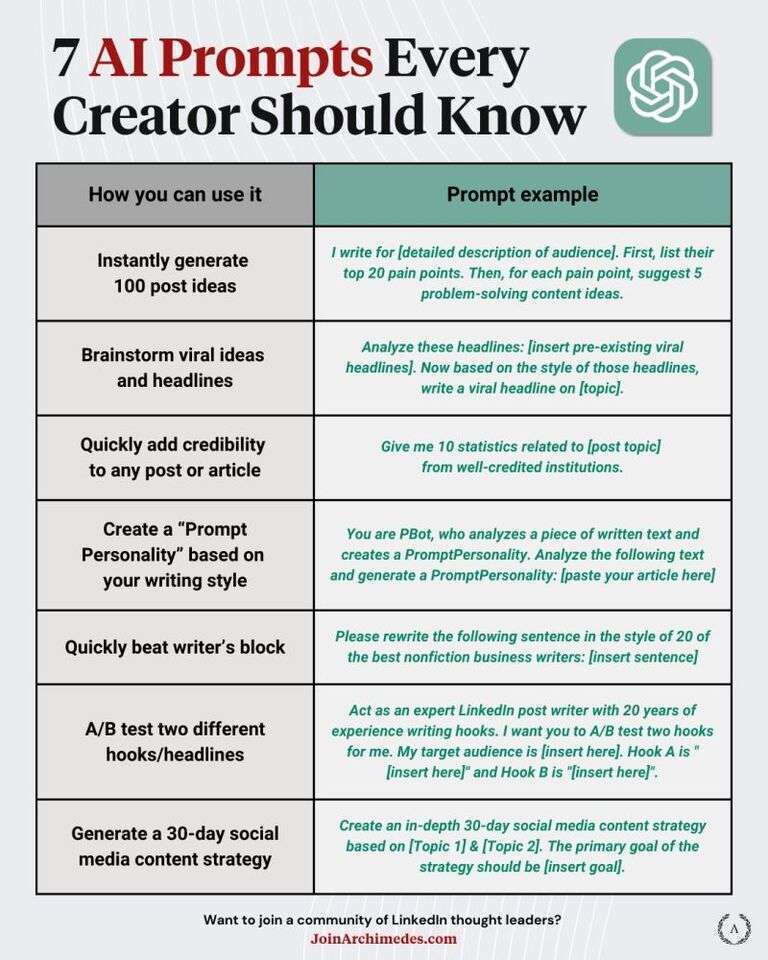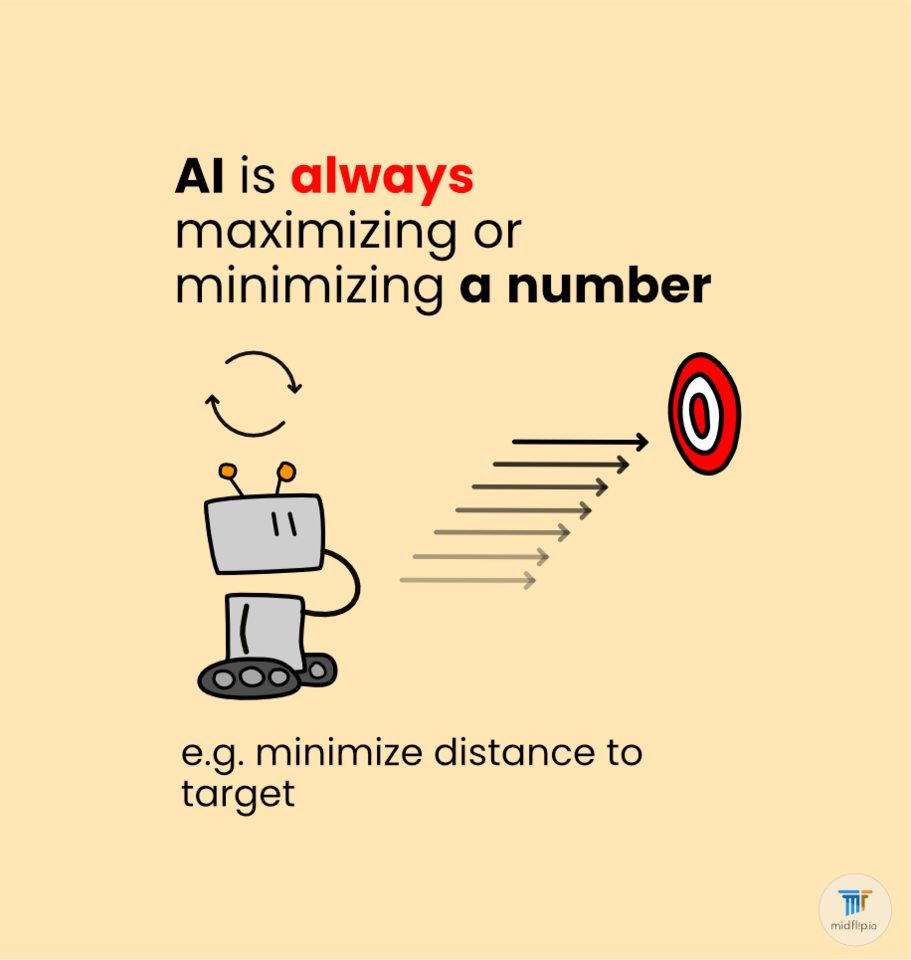Money go BRRRRRRRR!
Welcome to Inflation Watch: a crowd-sourced topic about money and inflation. Inflation can be defined as an increase in the price level of goods and services over a period of time.
Recent Data
The inflation rate is steadily decreasing. has gone down recently. Reasons for this are the hiking of interest rates by FED, and the adjustment and rising stability of supply chains since covid / Ukrainian war etc. covid, and the beginning of the Ukrainian war.
More recent data was released by the U.S. Bureau of Labor Statistics, with a twelve-month percentage change ending in January 2024. May.
Looks like inflation is decidedly less than what we saw during the covid era.
Causes of inflation
What causes inflation? Well there are a LOT of factors. Believe it or not, the economy is actually pretty complicated. complicated! Generally however people just pick the factor that best aligns with their political beliefs. Here is a list of those factors:
1. Demand-pull inflation – This occurs when aggregate demand grows faster than aggregate supply, which means that the economy is growing too rapidly and consumers are willing to pay more for the products and services.
Not likely a big factor today
2. Cost-push inflation – This occurs when prices increase due to increases in production costs, such as raw materials and wages. For example, higher oil prices can feed through into higher costs for transportation, manufacturing, and heating.
Likely a current factor. Supply chain problems have increased costs.
3. Devaluation – This occurs when the value of a currency falls relative to other currencies, which increases the cost of imported goods and also boosts domestic demand by making exports cheaper.
Not likely a big factor today. US currency still holds.
4. Rising wages – This occurs when higher wages increase firms’ costs and increase consumers’ disposable income to spend more. This can create a wage-price spiral, where higher wages lead to higher prices, which lead to higher wage demands, and so on.
Currently this seems to be trailing inflation, not causing it. Historically wages are still low compared to output (though they are catching up).
5. Money supply – This occurs when there is more currency available in the economy, which reduces its purchasing power and increases the demand for goods and services. For example, the Federal Reserve has been printing money to stimulate the economy during the pandemic, which has contributed to inflation.
Likely a factor - the US printed a lot of money during covid. The FED is countering this by keeping interest rates high.
6. Supply chain disruption – This occurs when there are shortages or delays in the supply of goods and services due to factors such as natural disasters, pandemics, trade wars, or worker strikes. This reduces the availability of products and increases their prices.
As mentioned, yes there are supply chain problems, currently due to the Israel/Palestine war and Yemen rebels shooting ships in the red sea.
7. Fossil fuel policies – This occurs when there are changes in the production or consumption of fossil fuels, such as oil, gas, and coal, due to environmental, political, or economic reasons. This can affect the costs of energy, transportation, and manufacturing, as well as the demand for alternative sources of energy.
Always a factor
8. Monopoly/cartel pricing - This occurs when a market is dominated by a few powerful suppliers. These suppliers can set prices because they have no competition. In this situation, these suppliers can use inflation as an excuse to raise prices, which in turn, causes inflation.
Definitely feels like this is a major contributor. Many companies raised prices AND got record profits.
Here is a good video looking into how economic theories about inflation have changed over time. Generally it discusses how the idea that inflation is entirely based on printing money is inaccurate, and how economists current models are more complicated.
And here is a good video discussing the recent decrease in inflation:



Hot comments
about anything